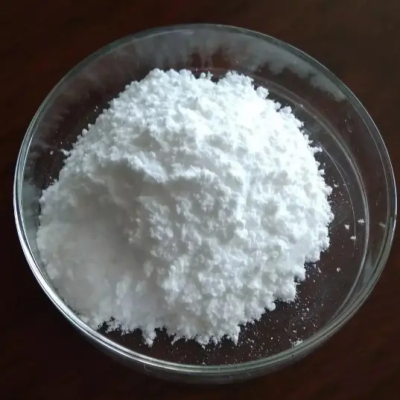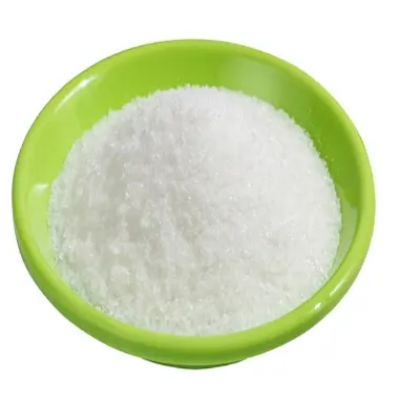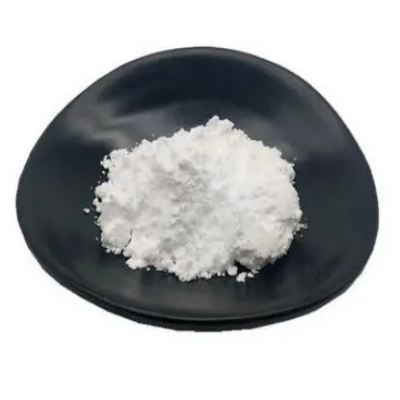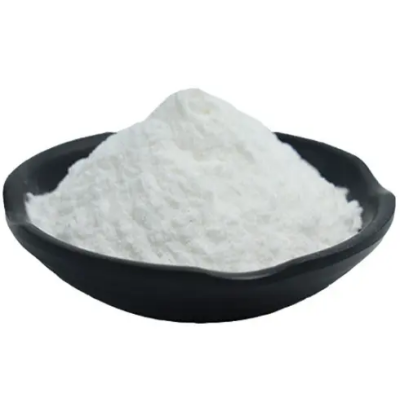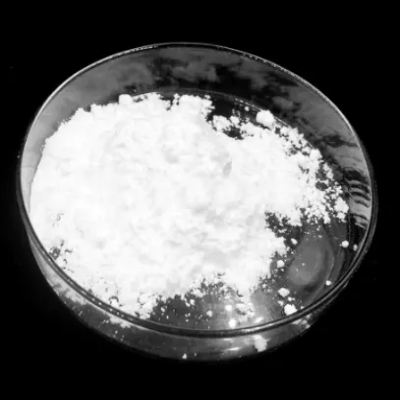Copper(II) hydroxide CAS:20427-59-2
Copper(II) hydroxide (Cu(OH)₂) is an inorganic compound characterized by its bright blue color, which is a result of its crystalline structure. It occurs naturally as the mineral dioptase but is more commonly produced synthetically for various applications. The compound consists of copper ions (Cu²⁺) coordinated with two hydroxide ions (OH⁻), leading to its formation as a hydrated or anhydrous solid depending on environmental conditions. One of the primary applications of copper(II) hydroxide is in agriculture, where it serves as a fungicide and bactericide. Its effectiveness against a range of plant pathogens makes it valuable in crop protection. When applied to plants, copper(II) hydroxide disrupts the cellular processes of fungi and bacteria, inhibiting their growth and spread. This characteristic has led to its use in various fungicidal formulations, helping maintain healthy crops and prevent yield losses. In addition to agricultural uses, copper(II) hydroxide plays a crucial role in industrial chemistry. It acts as a precursor in the synthesis of other copper compounds, including copper sulfate and copper oxide. These compounds are essential in various processes, including electroplating, mining, and as catalysts in chemical reactions. The ability to easily convert copper(II) hydroxide into other forms enhances its utility in diverse applications. The compound also finds use in the manufacture of pigments and ceramics. Due to its vibrant blue color, copper(II) hydroxide can be utilized to produce blue pigments for paints, plastics, and inks. Its thermal stability and resistance to fading under light exposure make it suitable for long-lasting applications. Furthermore, copper(II) hydroxide possesses interesting properties related to its antibacterial activity. Studies have shown that it can inhibit the growth of microorganisms, which has implications for its use in water treatment and disinfection processes. By employing copper(II) hydroxide in these contexts, industries can harness its antimicrobial effects to improve public health standards. However, it is important to consider the environmental impact and safety aspects of using copper(II) hydroxide. While it is effective against pests and pathogens, excessive use can lead to copper accumulation in soil and water bodies, potentially harming aquatic life and disrupting ecosystems. Therefore, regulatory measures and best practices should be followed to ensure its responsible application. In conclusion, copper(II) hydroxide is a versatile inorganic compound with numerous applications spanning agriculture, industrial chemistry, and materials science. Its efficacy as a fungicide, precursor for other copper compounds, pigment source, and antimicrobial agent underscores its significance in various fields. Continued research into its properties and sustainable usage will further enhance its potential while addressing environmental concerns. As industries evolve and seek innovative solutions, copper(II) hydroxide remains a key player in the development of effective and safe chemical products.



| Composition | CuH2O2 |
| Assay | 99% |
| Appearance | white powder |
| CAS No. | 20427-59-2 |
| Packing | Small and bulk |
| Shelf Life | 2 years |
| Storage | Store in cool and dry area |
| Certification | ISO. |




